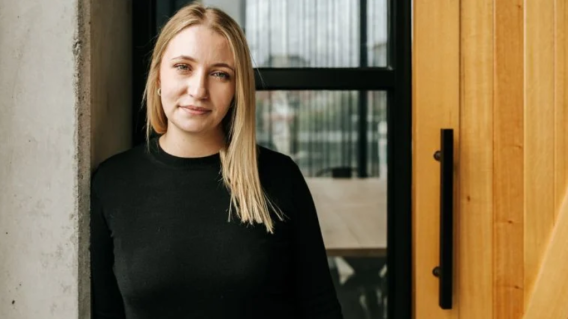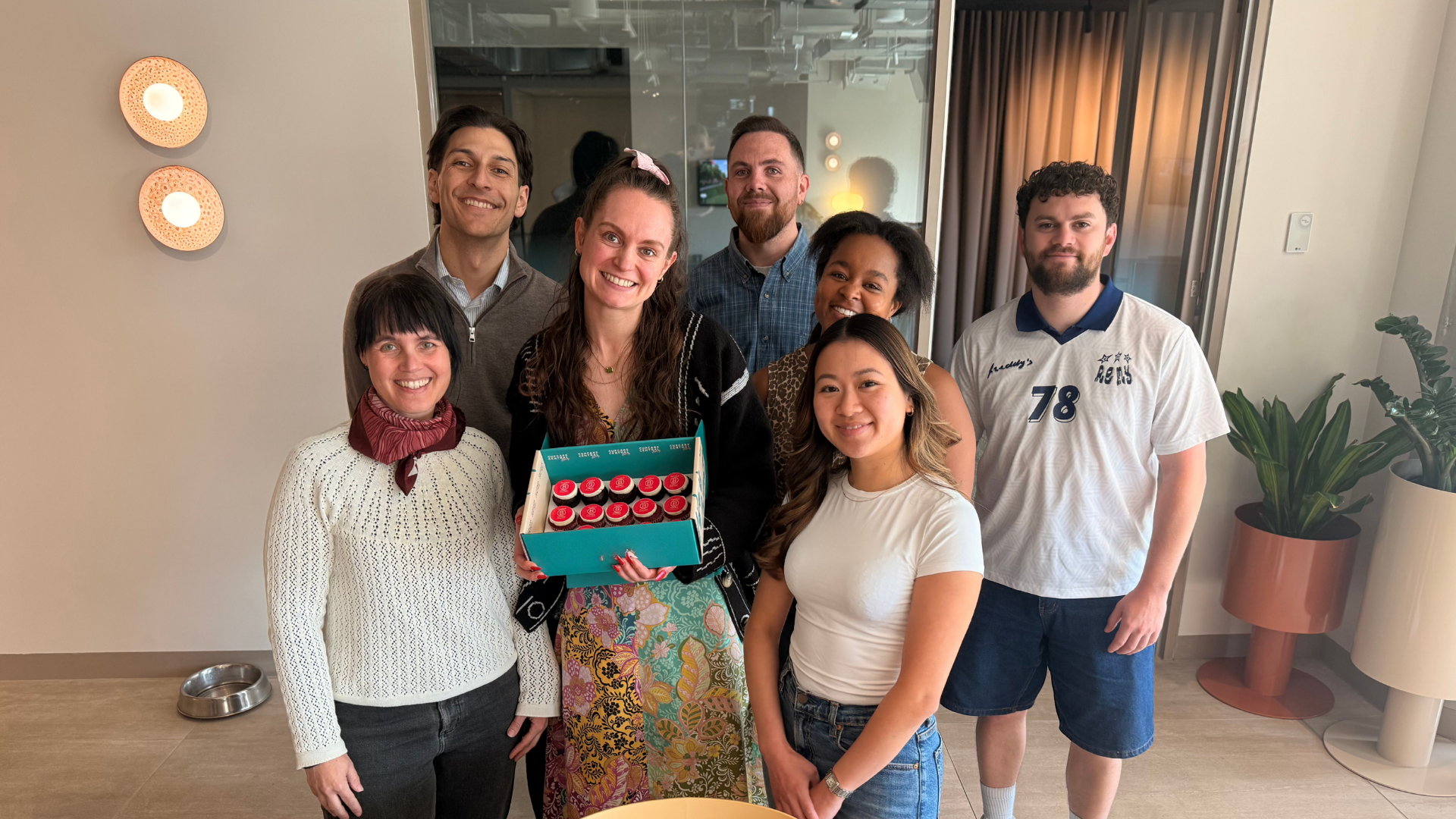
Is becoming a B Corp worth it?
Honeycomb Strategy became a certified B Corp one year ago. Founder and director Renata Freund unpacks whether it was worth all the effort to achieve the certification – and to keep it.

Renata Freund unpacks whether becoming a B Corp was worth all the work it took - and still takes
When we became a certified B Corp one year ago, it wasn’t just about earning a certification, it was about solidifying our values into something tangible. The process gave us a clear standard to hold ourselves to and a framework that turned our intentions into measurable action.
There is a real sense of achievement in becoming part of an aspirational global community – one made up of businesses choosing to operate with meaning, accountability, and care. It connected us to something bigger than ourselves: a collective of companies proving that business can be both successful and responsible.
But has it been worth it?
For anyone considering becoming a B Corp, or for clients wondering what it means in practice, here’s what we’ve learned in our first 12 months – the wins, the hard truths and whether it’s been worth it.
Enjoying Mumbrella? Sign up for our free daily newsletter.
Becoming a B Corp starts with an intense period of reflection. A deep look at how you operate, the decisions you make, and the impact they create. The assessment goes far beyond compliance; it challenges you to evaluate every touchpoint of your business.
It means asking: How can we level up the way we work? From the suppliers we partner with, to the clients we choose, to the culture and systems that shape our internal operations – every element is on the table.
For us, that involved:
- Reviewing who we partner with: evaluating suppliers not just on cost or convenience, but on their environmental practices, ethical standards, and the values that guide how they do business.
- Taking a more holistic view of our team: recognising individual needs and building wellbeing and flexibility practices that support every person’s unique circumstances.
- Operationalising what was once implicit: creating systems and measures to bring structure to the values-driven decisions we used to make instinctively.
- Being deliberate about client partnerships: prioritising alignment on values, and having the courage to say no when a potential fit doesn’t feel right.
The process wasn’t just about getting enough points for certification. It was about going deeper and setting a higher standard for our future. It’s a difficult process, as it should be
Like many B Corps will tell you, the work doesn’t stop once you’re certified. The standards are getting tougher and that’s a good thing. Since achieving certification, B Lab has significantly elevated the B Corp criteria.
New minimum standards across all seven ‘impact topics’ now require a holistic assessment of operations. In the past, strong performance in one area could offset weaker results in another; today, companies must meet baseline requirements in every topic.
Businesses are also expected to demonstrate improvement over time, shifting the focus from simply meeting a minimum standard to maintaining a continuous commitment to progress. We’re already preparing to meet these higher expectations ahead of our next recertification.
It’s sparked real debate inside our business. One of the most valuable (and unexpected) parts of this journey has been the internal conversation it’s created. We’ve had open and, at times, emotionally loaded discussions about what we stand for, and where our values sometimes collide with commercial realities.
For us, the greatest area of reflection has been finding the balance between our desires for commercial growth and our values, and being intentional about which client briefs we pursue and which we politely decline. The answers aren’t always clear-cut, and the discussions haven’t always been easy. They’ve been raw, honest, and deeply personal at times – but also some of the most meaningful conversations we’ve had as a team.
It’s helped us mature and create clarity about who we are. Certification has reminded us that building a responsible business is a marathon, not a sprint. The real impact comes from the habits we embed, the conversations we keep having, and the standards we continue to raise, long after the initial celebration fades.
At its heart, our commitment to B Corp comes back to something simple: doing the right thing is always the right thing. We have a responsibility to our team, clients, and community to lift the standard and we do that by leading by example.
When we started Honeycomb, we believed that if we looked after our people, they would look after our business. That belief still drives everything we do.
What’s been most rewarding, though, is seeing how fiercely protective our team are of it. They love that being a B Corp is part of who we are, it’s woven into our identity, and it’s not something we would let go of lightly.
B Corp hasn’t changed what we believe in; it’s strengthened it. It’s proof that doing good business and good work can, and should, coexist.
It turns out, others care too. Clients genuinely care. We hear it all the time – clients referencing our certification in conversations, proposals, or even finding us through the B Corp Directory. It’s become a quiet but powerful marker of trust, showing that we don’t just talk about purpose, we operationalise it.
Potential employees care even more. Time and again, we see it in cover letters and interviews: people are looking for workplaces that stand for something beyond profit. They want to be part of a business that aligns with their personal values.
That’s been one of the most unexpected and inspiring outcomes of all. It’s reaffirmed our belief that purpose isn’t just good for business; it’s magnetic for people who want to make an impact.
If you’re considering certification, our advice is this: don’t do it if you’re just in it for the logo.
Do it if it genuinely aligns with your values. It will set a high standard of accountability for how you operate, connect you with a brilliant community of purpose-led businesses, and help you grow in ways you can’t always predict.
It’s not easy, and it’s not supposed to be, but it’s one of the most worthwhile things you can do to future-proof your business, empower your people, and make a measurable difference.



